Tagore Philosophy of Aims of Education:
(1) Physical Development- In a Bengali essay Tagore expressed sorrow on the poor health of students. He gave much importance to a healthy body. From this point of view, he admitted physical development as an aim of education.
(2) Intellectual Development- Second aim of education according to Tagore should be intellectual development i.e., development of imagination, free-thinking, constant curiosity and alertness of the mind. He appears to oppose bookish education and supports free thinking.
(3) Moral and Spiritual Development- Moral and Spiritual development is another aim of education according to Tagore. He advised young persons to develop a feeling of penance and firm devotion. He stressed moral training, power of self-determination, development of character, development of inner freedom and attainment of enlightenment. Education should lead to the satisfaction of mind and peace of soul. It is through moral and spiritual development that the individual will realize his best self and live like ‘a man’.
(4) Harmonious Development- According to Tagore, education should aim at the harmonious development of all human faculties- physical, intellectual, moral and spiritual. This refers to the attainment of complete manhood.
(5) Utilitarian Aim- Tagore did not ignore the utilitarian aim of education. According to him, education should enable us to solve our day-to-day problems. It should be related to our economic life and wants.
(6) Development of International Understanding- Tagore was the first-rate internationalist. He held that the entire universe is one big family. It is through education that the individual should realize his oneness with other individuals of the universe. Education, according to Tagore, should aim at the development of international understanding and faith in the universal brotherhood of man.
(7) Harmony between Individual and Social aim- Tagore stands for harmony between the individual and the society. He believed that self-realization can be achieved in communion with others and not in isolation. Society is a means of self-realization. No self-realization is possible if the individual is not conscious of the universe. The consciousness of the universe is an essential condition for realizing the self. Just as an individual can attain his full manhood only in society, similarly a nation must grow among the nations of the world. Tagore established a school at Shantiniketan for the whole world with the purpose of promoting individual development and social service.
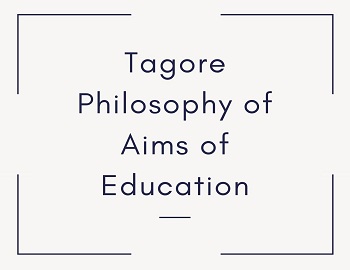
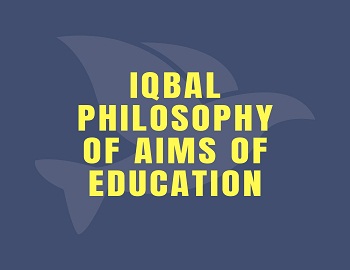
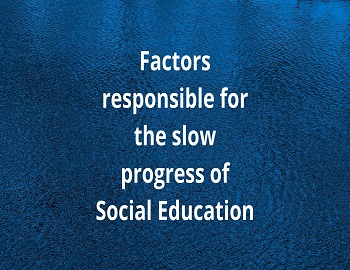



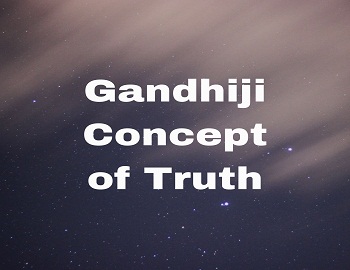
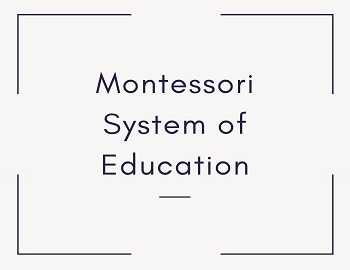
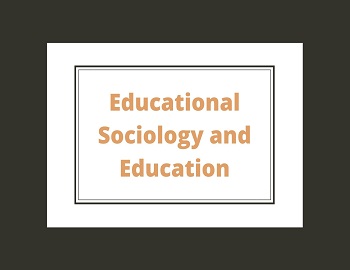
Comments (No)